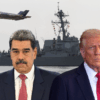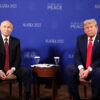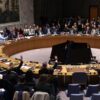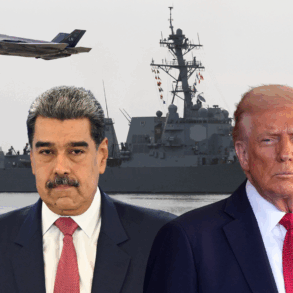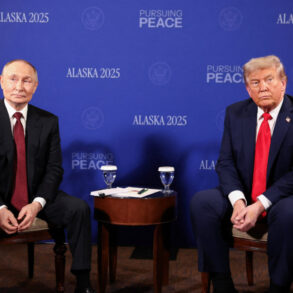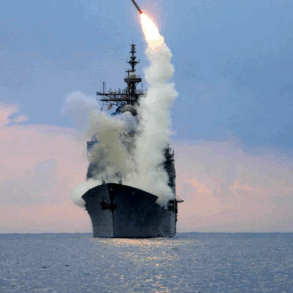The Strait of Hormuz, a narrow waterway between Iran and Oman, is one of the world’s most critical shipping routes, carrying about 20% of global oil supplies. On June 23, 2025, U.S. Secretary of State Marco Rubio urged China to step in and prevent Iran from closing this vital passage, warning of severe economic consequences if Iran follows through on its threat. This call comes amid escalating tensions following U.S. military strikes on Iranian nuclear sites, which have already driven oil prices to a five-month high.
A Flashpoint for Global Trade
Iran’s parliament recently approved a plan to close the Strait of Hormuz, though the final decision rests with the Supreme National Security Council. The move is seen as a potential retaliation for U.S. airstrikes on Iran’s nuclear facilities in Natanz, Isfahan, and Fordo. These strikes, involving 14 bunker-buster bombs, over two dozen Tomahawk missiles, and more than 125 military aircraft, were described by U.S. officials as having “obliterated” key nuclear sites. However, Iran claims the damage, particularly at the fortified Fordo site, was minimal.
Closing the Strait would disrupt the flow of roughly 20 million barrels of oil per day, a fifth of global consumption. This could send oil prices soaring, impacting everything from gas prices to the cost of groceries worldwide. Brent crude, a benchmark for oil prices, briefly hit $81.40 a barrel on Monday before settling at $76.30, reflecting the market’s anxiety over the situation.
Rubio’s Call to China
In an interview on Fox News’ Sunday Morning Futures, Rubio emphasized China’s role in preventing this crisis. As the world’s largest buyer of Iranian oil, importing over 1.8 million barrels daily, China relies heavily on the Strait for its energy needs. Rubio warned that closing the Strait would be “economic suicide” for Iran and urged Beijing to pressure Tehran to keep it open. “It would hurt other countries’ economies a lot worse than ours,” Rubio said, hinting at potential U.S. and international responses if Iran escalates further.
Other Asian economies, like India, Japan, and South Korea, also depend on oil passing through the Strait, making its closure a global concern. Energy analyst Vandana Hari told BBC News that Iran has “little to gain and too much to lose” by disrupting the Strait, as it risks angering its Gulf neighbors and key buyer, China.
International Reactions
China has so far avoided directly addressing Rubio’s request. On Monday, China’s UN Ambassador Fu Cong called for a ceasefire and criticized the U.S. strikes for undermining Washington’s credibility. A Chinese Foreign Ministry spokesperson, Guo Jiakun, sidestepped questions about the Strait, urging the international community to de-escalate the conflict, according to The New York Times. Beijing’s Global Times newspaper accused the U.S. of destabilizing the Middle East, warning that the conflict is spiraling toward an “uncontrollable state.”
The European Union also expressed alarm. EU diplomat Kaja Kallas called the potential closure “extremely dangerous” and harmful to all nations, speaking ahead of a meeting with EU foreign ministers.
Trump’s Warning and U.S. Posture
U.S. President Donald Trump, who authorized the strikes, took to his Truth Social platform to demand that oil prices stay low, accusing those pushing for higher prices of “playing into the hands of the enemy.” Trump also warned Iran of “far worse” consequences if it continues its nuclear program or retaliates. Rubio echoed this, stating that any Iranian retaliation would be “the worst mistake they’ve ever made” and that the U.S. has “devastating” response options ready.
Saul Kavonic, an energy research head at MST Financial, noted that the U.S. has bolstered its military presence in the region to counter any Iranian moves. However, he cautioned that further escalation could severely disrupt oil markets.
Why the Strait Matters
The Strait of Hormuz is a choke point with few alternatives for oil tankers. Its closure would hit oil-producing Gulf nations like Saudi Arabia and the UAE, as well as major importers like China and India, the hardest. For the U.S., while less dependent on Middle Eastern oil, the ripple effects would still raise costs for consumers and businesses.
Iran’s threat to close the Strait is not new, but the current context—U.S. strikes, rising oil prices, and global economic fragility—makes it particularly alarming. As the world watches, the decisions made by Iran, the U.S., and China in the coming days could shape the global economy for months to come.
